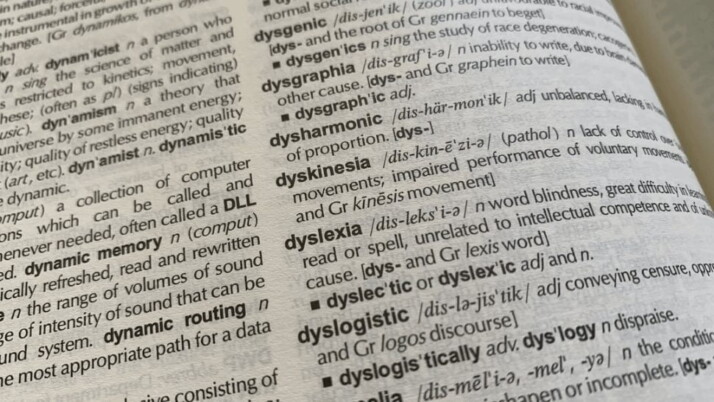It can be pretty challenging to find the correct spelling of a word. Spellcheckers are helpful tools that identify and correct wrong spellings of words. However, you must be able to identify misspelled words and fix them on your own. With the helpful tips outlined in this article, you’ll be able to identify the spelling of words.
Find the Correct Spelling of Words: 5 Effective Tips
Understanding the meaning of words is essential, but knowing how to spell them is equally important. Spelling correctly is a skill you can possess with practice and applying the right tips and strategies.
Some of the tips to help you find the correct spelling of words include:
1. Do not rely on spellcheckers.
Spellcheckers are great tools that help identify misspelled words and correct them. However, they only identify spelling errors but cannot determine if a term is used in the correct context or not. For example, homophones (words that sound alike but have different spellings and meanings). If you use the homophone of a word in place of the intended word, a spellchecker won’t identify this error.
Take this instance: Great and grate are homophones. Assuming you intend to spell great but use grate instead, a spellchecker wouldn’t identify this as an error since grate is an English word.
2. Say the Word Aloud.
It’s relatively easy to identify the spelling of English words when you say them aloud. Pronouncing the word to your hearing will help you understand how to spell it. This tip works best for words whose spellings align with their pronunciations. Words like mnemonic – pronounced without the ‘m,’ might be spelled as nemonic by a learner who only relies on the articulation to spell it.
3. Employ Memory Tricks.
Subconsciously, memorize important tricks relating to difficult words. One of such is; knowing the words that are spelled differently from how they are pronounced. For instance, in words like psychology and psychiatrist, the p is silent in pronunciation. Understanding that these words have a silent letter only in their pronunciation and not in spelling will help you spell them correctly.
You can also use mnemonics – a memorable way of storing information with the help of a mental image or story. Mnemonic devices could be words, a group of letters, an image, a song, or a sentence to help you remember some spelling tricks. Adages can only be helpful. A common adage to remind you of spelling rules is this: I before E except after C.
4. Own a Spelling Vocabulary Book.
Have a personal spelling vocabulary book. Make a list of words you find challenging to spell and include sentence examples. Also, write the definitions of these words and accurate spellings of these words. While this might seem challenging, it will help you master the spelling of words. Go over the words daily and try to spell them on your own. With constant practice, you’ll master these words and spell them like a pro.
5. Consult a Dictionary
Walk through an excellent online dictionary and appropriate search engine to search for spellings of words. You will save time if you can search for the spelling of the terms you find challenging with the integrated search engines.
It is best to use a hard copy dictionary to look up words. This way, you’ll come across phonetic pronunciation that’ll help you master how to spell the words correctly and use them in crafting meaningful sentences.

To Wrap Up
The best way to identify the correct spelling of a word is to practice spelling challenging words and check them across a dictionary. This way, you’ll master the spellings – practice makes perfect! A good dictionary will offer more profound help with words than a spellchecker will.
Exploring the tips highlighted in this article will help you spell like a professional and improve your writing in no time!
Explore All Spell Check Articles
How to Improve Your Spelling As an Adult
Both native speakers and language learners find English spelling tough to master. Because English is a language that absorbs new…
How to Spell Yesterday — a Quick Spelling Guide
There are times when English can seem confusing. Many of the words in English are freely borrowed from other languages.…
Can’t Spell Review? Read This Right Away!
There are times when English spelling can appear confusing. English borrows many of its words from other languages. This Germanic…
How to Spell None — a Quick Spelling Guide
Sometimes, English spelling can seem perplexing. Many of the words in English originated in other languages. Germanic language English consists…
Having Some Issues? Correct Spelling of Issue!
English may seem confusing at times. Many of the words in English were freely borrowed from other languages. Languages such…
The Correct Way of Spelling Decide!
English spelling can sometimes seem confusing. English borrows many of its words from other languages. English, a Germanic language, consists…
